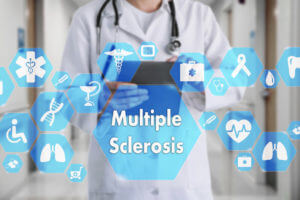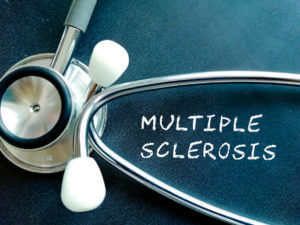In short, Effective communication strategies help maintain connection and reduce frustration when supporting someone with short-term memory loss. Simple modifications to how you communicate can significantly improve daily interactions and quality of life. Professional evaluation and treatment can address underlying causes and provide targeted interventions for memory concerns. Understanding Short-Term Memory Loss Short-term memory loss
Read MoreBlog
Physical Therapy Techniques for Chronic Muscle Spasm Treatment
In short, Physical therapy can significantly reduce muscle spasm frequency and intensity. Various techniques exist, tailored to the spasm’s cause and location. Early intervention offers better long-term outcomes for chronic spasms. Finding effective chronic muscle spasm treatment can greatly improve your quality of life. Muscle spasms are involuntary contractions that can cause pain, tightness, and
Read MoreLooking for MS Treatment Near You? Here Is What to Expect From Associates in Neurology
MS treatment involves comprehensive care through specialized neurology clinics that offer advanced diagnostic tools, personalized treatment plans, and ongoing support to help manage symptoms and slow disease progression. Comprehensive Diagnostics – Advanced imaging and testing methods accurately diagnose multiple sclerosis. Personalized Treatment Plans – Evidence-based therapies tailored to individual patient needs and disease progression. Ongoing
Read MoreWhat Is Life Like With Cerebral Palsy
Living with cerebral palsy presents unique daily challenges, but with proper cerebral palsy treatment and support, individuals can lead fulfilling lives. Each person’s experience varies greatly depending on the type and severity of their condition. In short… Daily Life Varies Greatly – Each person with cerebral palsy has different abilities and challenges based on their
Read MoreTreatment Options to Improve Memory in Dementia Patients
Memory loss affects millions of people worldwide, with dementia being one of the most challenging conditions for patients and families. Understanding available treatment options can help patients and caregivers make informed decisions about care. This comprehensive blog explores evidence-based treatments that may help slow cognitive decline and enhance quality of life for those experiencing memory
Read MoreMS Treatment FAQs: Questions to Ask Your Doctor
If you’ve received a multiple sclerosis diagnosis, you likely have many questions about MS treatment options. Understanding your treatment plan is crucial for managing this condition effectively. Asking the right questions during your appointments helps you make informed decisions about your care. This blog covers essential questions to discuss with your healthcare provider about MS
Read MorePhases of Cerebral Palsy Treatment
Cerebral palsy is a lifelong condition that impacts muscle control, movement, and posture. While there is no cure for cerebral palsy, early intervention and personalized treatment plans can improve quality of life significantly. This blog will guide you through the different phases of cerebral palsy treatment and help you better understand available options for effective
Read MoreDiagnosing Multiple Sclerosis for Effective Treatment
Multiple sclerosis, or MS, is an autoimmune disease in which the immune system mistakenly attacks the central nervous system. This results in the loss of protective myelin surrounding nerves, causing communication problems in the body. Symptoms vary but can include fatigue, muscle weakness, vision problems, and difficulty with coordination. One of the greatest challenges with
Read MoreBotox & Other Alternative Treatments for Severe Headaches
Severe headaches can disrupt daily life and reduce overall well-being for many people. If you are looking for effective severe headache treatment, there are several approaches you can consider. These include traditional methods, emerging treatments such as Botox for migraines, and other advanced alternatives. Let us explore these options, focusing on their benefits, potential drawbacks,
Read More5 Questions to Ask About Your Child’s Cerebral Palsy Treatment Plan
When it comes to your child’s cerebral palsy treatment, every decision matters. Cerebral palsy affects movement, posture, and muscle tone due to damage to a developing brain. Creating a specialized treatment plan can improve mobility, independence, and overall quality of life. If you feel unsure about how to evaluate or refine your child’s care, start
Read More










